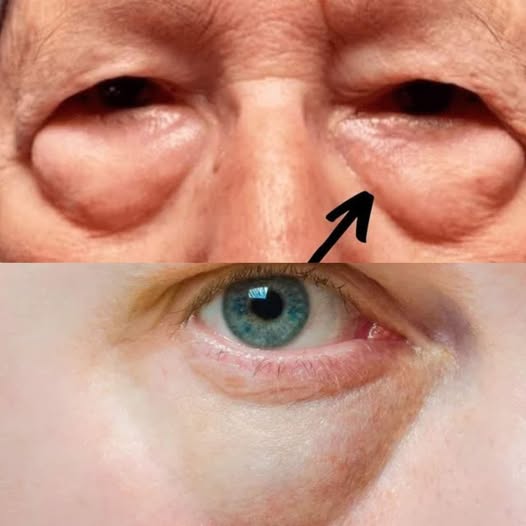ADVERTISEMENT
Under-eye bags and dark circles are often seen as merely cosmetic issues, but in reality, they can sometimes be a sign of underlying health problems. While they can be caused by lifestyle factors like sleep deprivation and allergies, certain conditions can make them even more concerning. Let’s break down the dangerous causes that could be behind your under-eye bags and dark circles.
1. Chronic Sleep Deprivation: Not Just Tiredness
One of the most common and obvious causes of dark circles is lack of sleep. However, consistently poor sleep isn’t just a cosmetic issue – it can lead to serious health consequences, including:
Increased risk of heart disease: Chronic lack of sleep has been linked to high blood pressure and other cardiovascular issues.
Impaired cognitive function: Over time, insufficient sleep can result in memory problems, impaired concentration, and poor decision-making.
Weakened immune system: Sleep deprivation can reduce your body’s ability to fight off infections.
2. Allergies and Nasal Congestion: More Than Just Sneezing
Allergic reactions can cause inflammation in the skin around the eyes, resulting in under-eye bags and dark circles. If you suffer from seasonal allergies or other allergic conditions like dust mites or pet dander, here's why it matters:
Histamine release: Allergies trigger the release of histamine in your body, which causes blood vessels around your eyes to dilate, leading to puffiness and dark circles.
Nasal congestion: This makes it harder for your body to drain fluid from the area around your eyes, contributing to swelling and discoloration.
3. Dehydration: A Silent Culprit
ADVERTISEMENT
